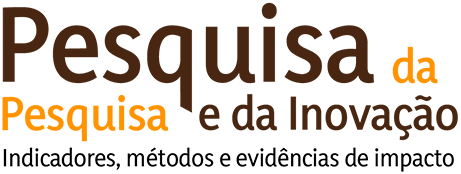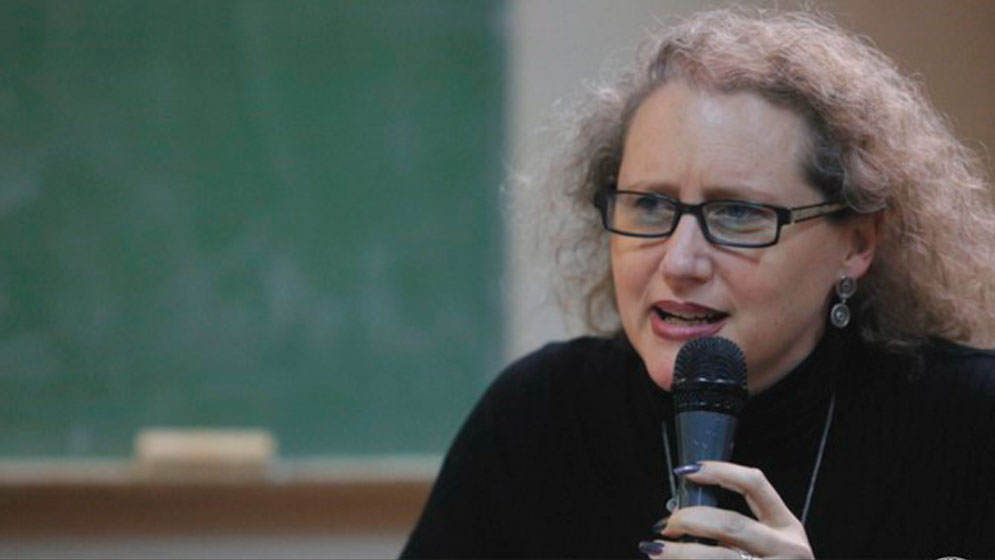Science should be accessible to everyone, but who really gets to participate in this system? This is the central theme of the lecture by Fernanda Beigel, a specialist in open science policies, which will be held at the Research on Research and Innovation Seminar, a project by the Laboratory for Studies on the Organization of Research and Innovation (Geopi) at Unicamp.
The event, titled “Cartographies for an Inclusive Open Science”, will take place on Thursday, February 13, at 2:00 PM, in a face-to-face format in Room 350 of the Institute of Geosciences (IG) and also in a remote format via the link: https://meet.google.com/aht-kwkq-emo.
In her recent research, Beigel argues that the “openness” of science does not always mean inclusion. While open access has advanced in recent years, inequalities persist, especially between Global South countries and major academic powers.
“Digital infrastructure remains limited in many places, and the high costs of publishing in renowned journals create barriers for researchers from less privileged institutions,” explains the researcher in her work presented at the 26th International Conference on Science, Technology, and Innovation Indicators, held in 2024 in Berlin.
The researcher proposes a cartography of inequalities and discusses alternatives such as strengthening regional academic networks, diamond open access publication models (which do not charge fees to authors or readers), and the promotion of multilingual publications. “Latin America has an alternative model based on science as a common good, but it still faces challenges in increasing its visibility and global recognition,” she highlights.
The lecture promises an essential debate on the future of open science and the challenges of making it truly accessible to all.


